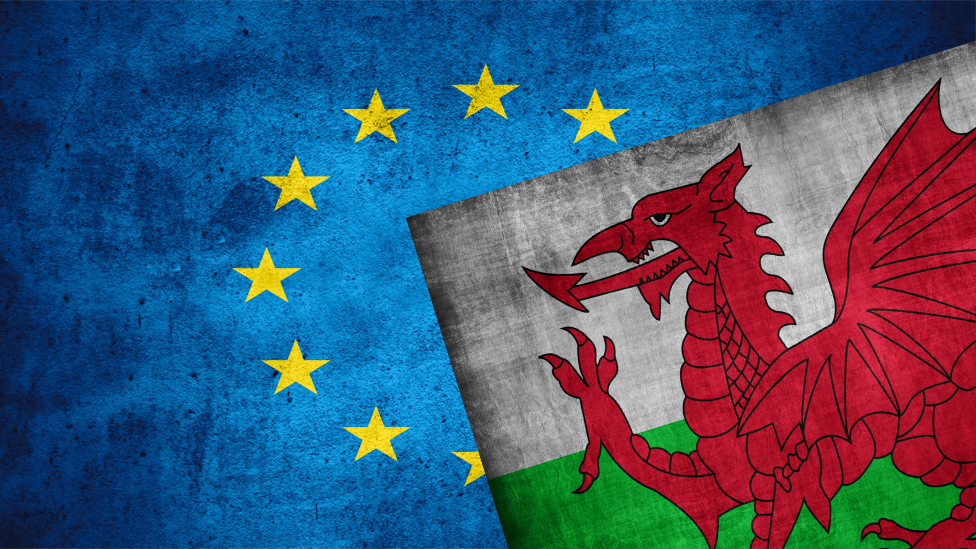Carwyn Jones: Wales must move on from EU referendum 'abuse'
- Published
Carwyn Jones calls for an end to the 'bitterness' of the EU referendum campaign
First Minister Carwyn Jones has said Wales must get away from the abuse and bitterness that was a feature of the European referendum campaign.
He described the nature of much of the debate as "pathetic and childish".
Mr Jones said he thought Wales was still divided but said that could be overcome in the longer term.
The BBC is running a series of items on Monday taking the temperature across the UK in the wake of June's Brexit vote.
Welsh Secretary Alun Cairns confirmed the UK government's view that the current system of free migration to Britain from EU states would come to an end.
"That does not mean carrying on and calling it something different - Brexit means Brexit - and the consequence is that there will not be free movement of labour on the same basis as it works now," he said.
Mr Jones - who, like Mr Cairns, backed the unsuccessful Remain side in the referendum - told BBC Wales it was time to heal the divisions caused by the campaign.
He said: "We have to get away from this abusive politics that the UK and other countries have fallen into and get back to sensible discussion.
"I have fought elections, but I have never seen anything like this referendum campaign before.
"If that is the way that politics is going in the UK in the future, then we will become a very-bitterly divided society so we have to get back to logical, sensible discussion and not abuse and name-calling."
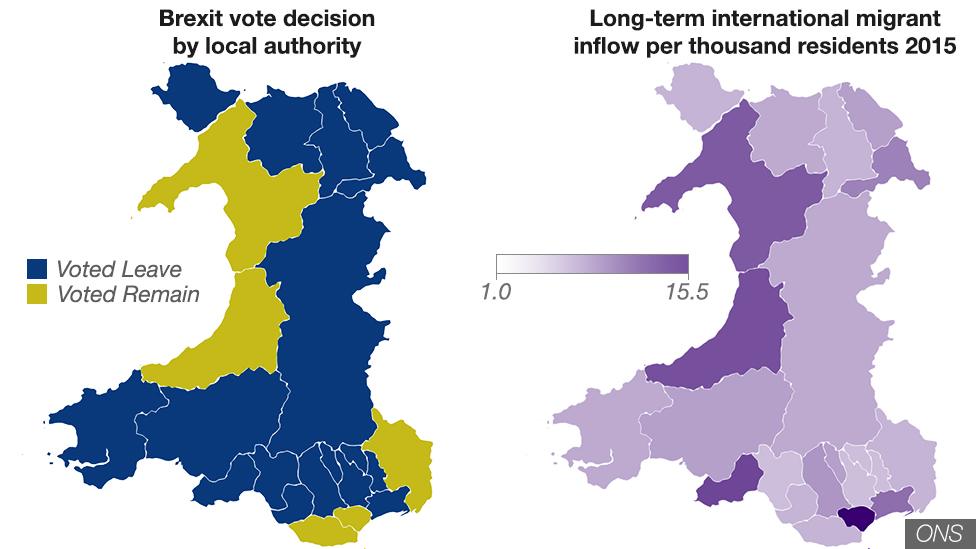
The first minister said it was inevitable that greater controls on immigration would have to be introduced by Prime Minister Theresa May.
He added: "Some people were concerned that they felt that immigrants would take their jobs, to put it bluntly, even though most of the jobs were in industries where it was difficult to recruit locally.
"But that is the way people saw it and we have to accept that.
"It is quite clear to me that unrestricted free movement of people would not be acceptable to many people in Wales."
10 weeks after Brexit, are families talking to each other again?
Mr Jones repeated his call for access to the single market to be maintained in the negotiations but admitted there could be benefits from leaving the EU.
These include, he said, removing restrictions governing state aid for businesses and Cardiff airport, which is owned by the Welsh Government.
He also said his government would not be looking to make cuts to farming budgets with whatever system is introduced to replace EU subsidies, and he called for the Welsh Government to have greater flexibility in some business taxation to encourage firms to invest in areas, such as research and development.
"People are going to judge us on the way that Brexit pans out, as they will judge the UK government, and everyone who campaigned in that referendum, Mr Jones said.
"So I am fully aware of that, it's a big challenge, we know that, but it's a challenge we have to face."
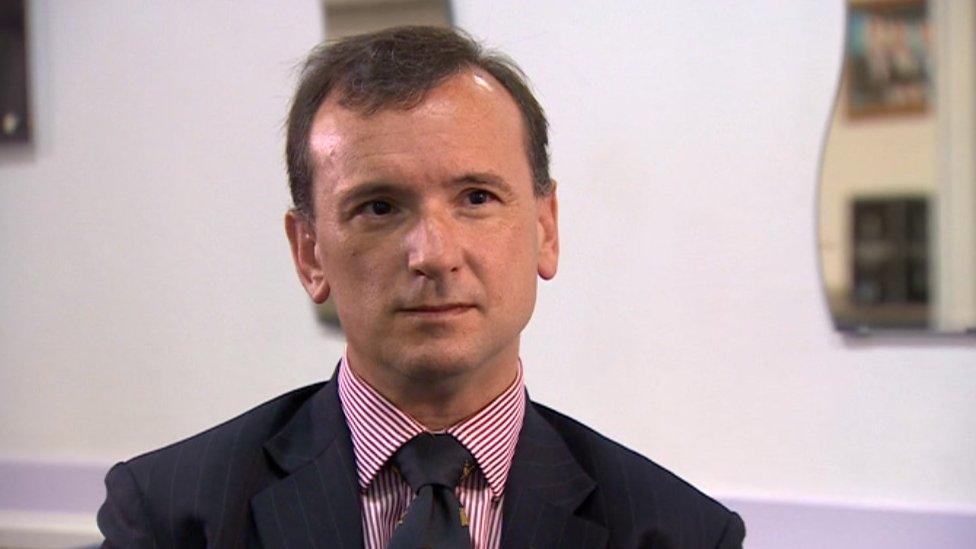
Mr Cairns wants to create a new system to replace what he believes has been a failed EU model to provide aid for some of the most economically deprived communities in Wales.
Wales has received more than £4bn in aid from Brussels since 2000, with the money spent on projects to boost the economy in west Wales and the Valleys.
But Mr Cairns said many of areas which had received the money had voted to leave the EU, and a better system was needed.
Meanwhile Neil Hamilton, UKIP's group leader in the assembly, said Britain "can't compromise" on immigration control for the sake of continued tariff-free access to the EU's single market.
'Massive gainers'
He told BBC Radio Wales he believed the UK would not need to make concessions, as German car manufacturers and other firms would still want to sell their goods to British customers.
"They're massive gainers out of the current system of free trade with Britain. Would they really want to put that at risk?" he asked on the Good Morning Wales programme.
In June, 854,572 (52.5%) voters in Wales chose to leave the EU, compared with 772,347 (47.5%) supporting Remain.
A poll for BBC 5Live released on Monday suggests six in 10 people across the UK feel optimistic about the future.
However, it also suggests one in four (26%) Britons have thought about leaving the UK and living elsewhere following the referendum.
This figure is higher among younger people.
- Published30 August 2016
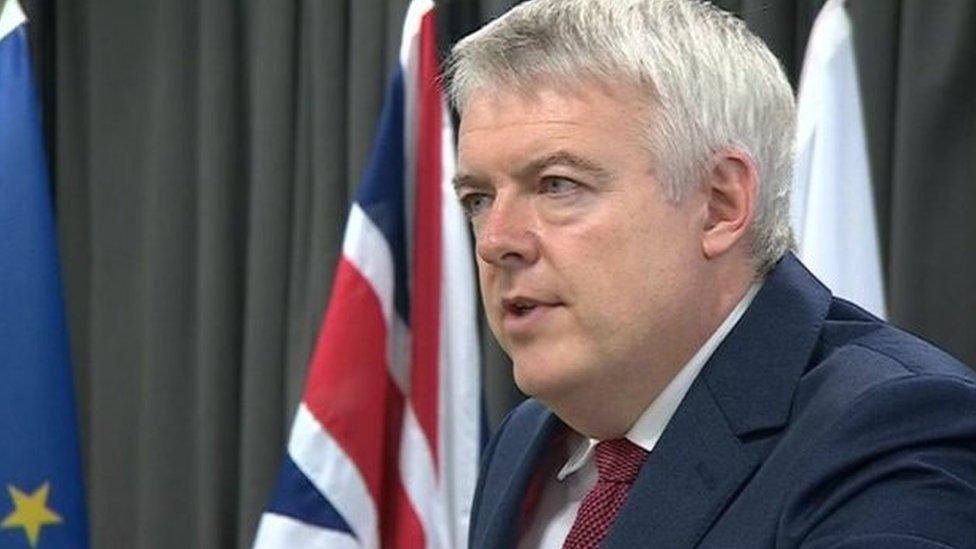
- Published30 August 2016
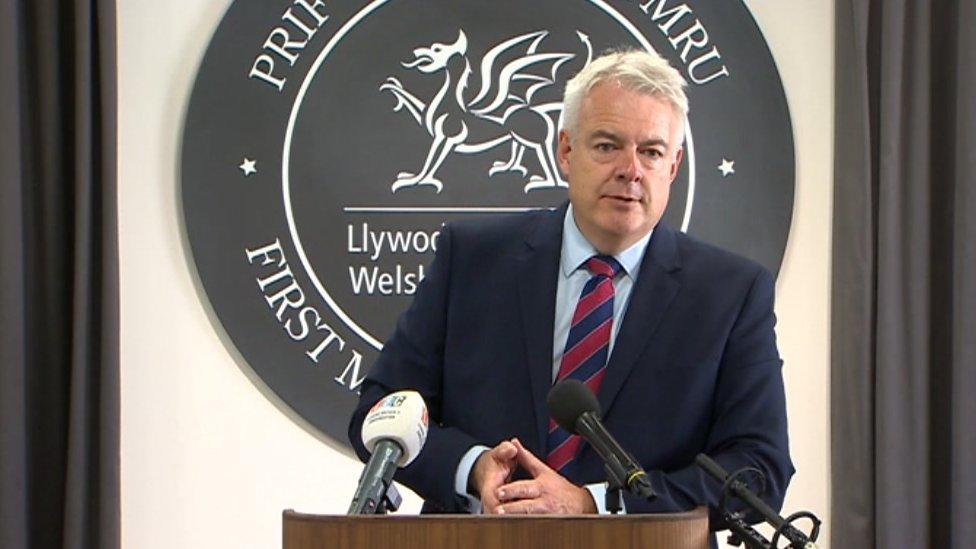
- Published26 June 2016
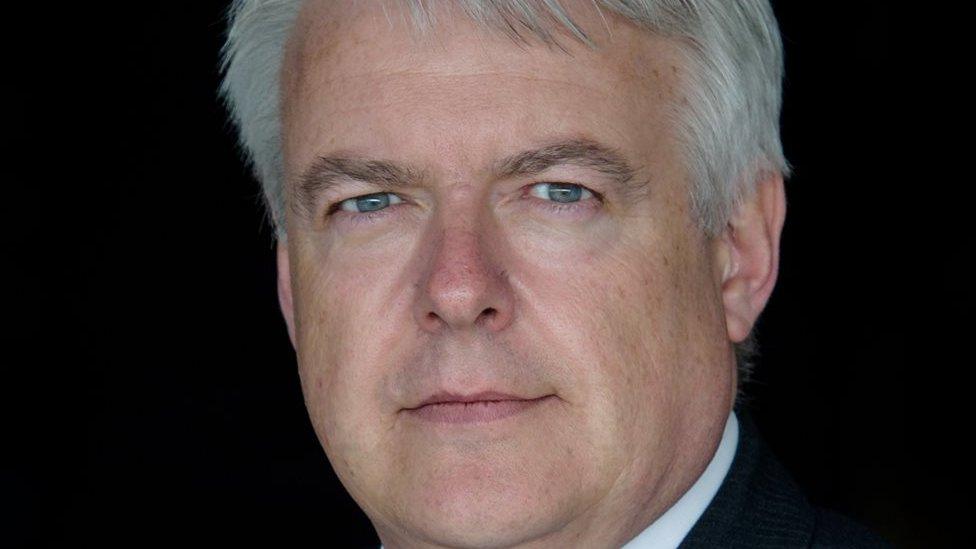
- Published22 July 2016
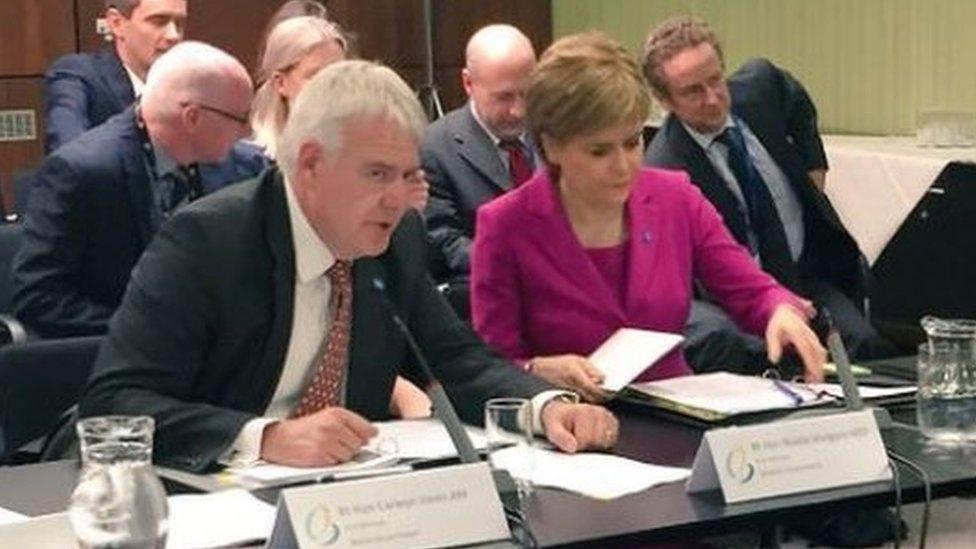
- Published19 August 2016
